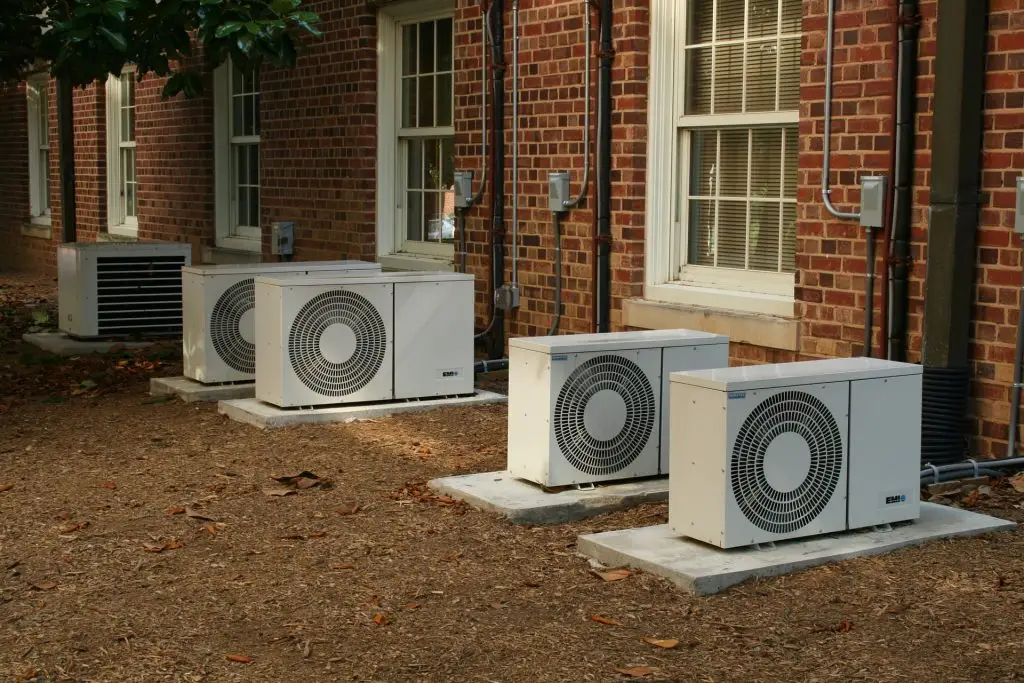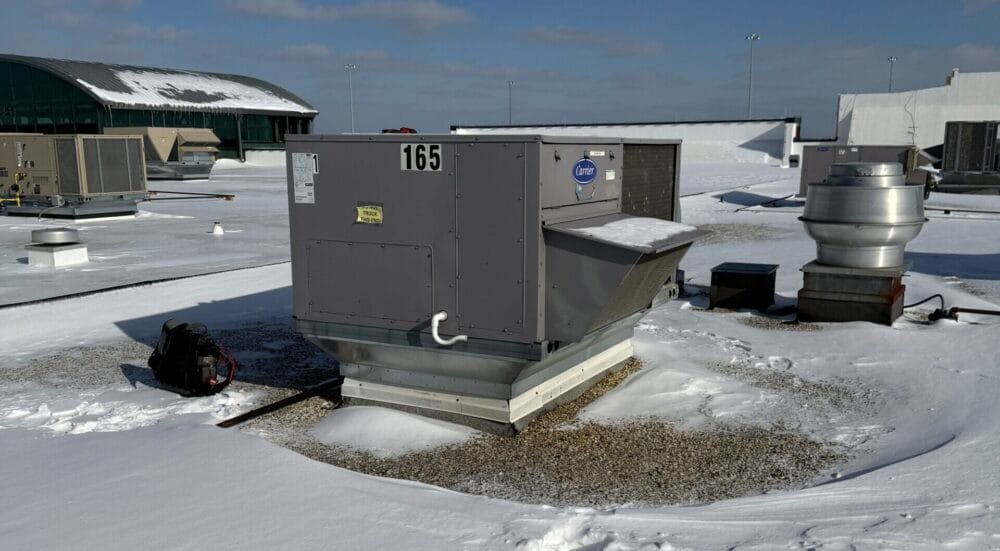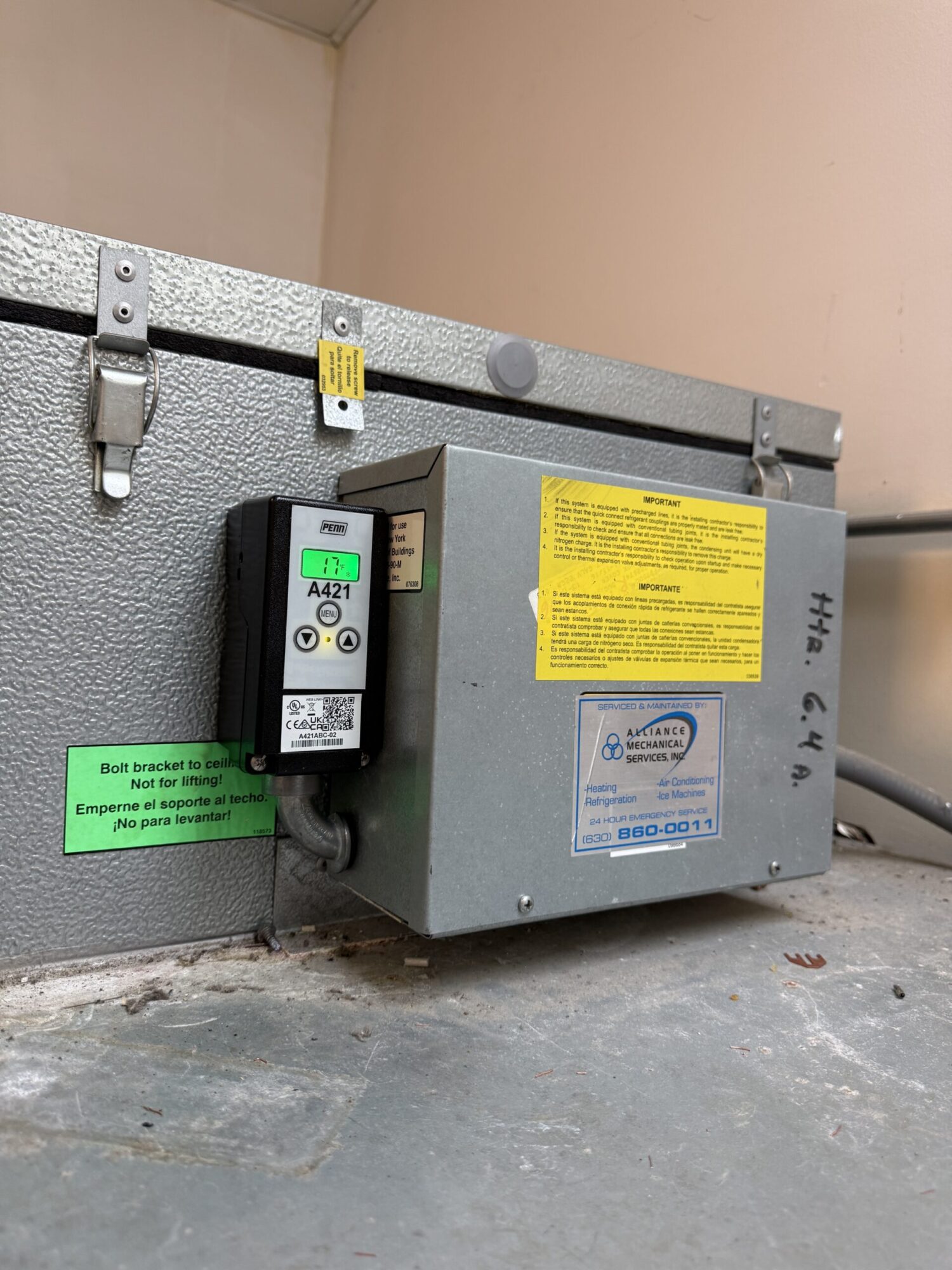Choosing the right air conditioner is essential for keeping your home cool and comfortable. But what size AC unit do I need for my home? The answer depends on multiple factors, including your home’s square footage, insulation quality, climate, and efficiency rating. Selecting an improperly sized AC unit can lead to higher energy costs, inefficient cooling, and frequent breakdowns.
This guide will walk you through an air conditioner sizing guide, explaining how to calculate AC size for home cooling, BTU requirements, HVAC system sizing and efficiency, and the impact of SEER rating and cooling capacity on energy savings.
For professional AC installation services, visit our page.

How to Calculate AC Size for Home Cooling
Before purchasing an AC unit, you need to determine the correct size. The most common measurement is BTUs (British Thermal Units), which indicates the cooling power of an air conditioning system.
1. Understanding BTU Requirements for Home Air Conditioning
A higher BTU rating means a more powerful air conditioner, but bigger isn’t always better. An oversized unit will cycle on and off frequently, reducing efficiency, while an undersized unit will struggle to cool your home properly.
| Home Size (sq. ft.) | Recommended BTU |
|---|---|
| 500 – 750 | 12,000 – 18,000 BTU |
| 1,000 – 1,500 | 24,000 – 30,000 BTU |
| 1,500 – 2,000 | 30,000 – 36,000 BTU |
| 2,000 – 2,500 | 36,000 – 42,000 BTU |
| 2,500+ | 48,000+ BTU |
2. Square Footage and AC Tonnage Guide
AC units are also measured in tons, with 1 ton = 12,000 BTU. To find the right AC tonnage, divide the total BTU requirement by 12,000.
For example, a 2,000 sq. ft. home needs 36,000 BTU, or a 3-ton AC unit.
Factors That Affect AC Unit Sizing
Several factors impact the efficiency and performance of an air conditioner:
1. Climate Zone
Your geographical location plays a major role in HVAC system sizing and efficiency. Homes in hot, humid climates require higher BTUs than homes in mild climates.
2. Insulation Quality
Well-insulated homes retain cool air better, reducing BTU requirements.
3. Sun Exposure & Windows
Homes with large windows and direct sun exposure need a more powerful AC unit to maintain comfort.
Best AC Unit Size for Home Cooling
1. Central AC Systems
Best for large homes, central air systems distribute cool air through ductwork. Proper HVAC system sizing and efficiency ensure even cooling throughout the house.
2. Ductless Mini-Splits
If you need cooling for specific rooms or additions, a ductless mini-split may be the best option. For a comparison, read our guide on ductless mini-splits vs. central air conditioning.
3. Window & Portable AC Units
Smaller spaces, such as apartments or single rooms, can be cooled effectively using window or portable AC units.
SEER Rating and Cooling Capacity
The SEER rating (Seasonal Energy Efficiency Ratio) determines how energy-efficient an AC unit is. Higher SEER ratings indicate lower energy consumption and reduced electricity costs.
- Minimum SEER: 13-14 (Standard)
- Good SEER: 15-18 (Efficient)
- Best SEER: 20+ (High-efficiency units)
According to Energy Star, upgrading to a high-SEER unit can reduce energy bills by up to 30%.
How to Choose the Right AC for Your Home
When selecting an AC unit, consider:
- Your home size & cooling needs
- Climate and sun exposure
- Ductwork condition
- Energy efficiency goals
For a complete guide on choosing the right AC, read our how to pick the right AC unit.
Common AC Sizing Mistakes
1. Buying an Oversized Unit
Bigger isn’t always better. An oversized unit will cool your home too quickly, leading to poor humidity control and higher energy bills.
2. Ignoring Insulation and Windows
Homes with poor insulation or high sun exposure may need a slightly larger unit to compensate.
3. Not Considering Future Expansion
If you plan to add rooms or expand your home, choose an AC unit that can handle additional cooling demand.
HVAC System Sizing and Efficiency: Repair vs. Replacement
If your AC unit is struggling to cool your home, it may be time for a repair or replacement. Learn more in our repair vs. replace your AC unit.
If your AC is blowing warm air, check out our why is my AC blowing hot air? guide.
Conclusion
Determining what size AC unit do I need for my home requires understanding BTU requirements, SEER ratings, and HVAC efficiency. Whether upgrading or installing a new unit, use our air conditioner sizing guide to make an informed decision.



